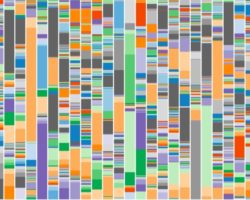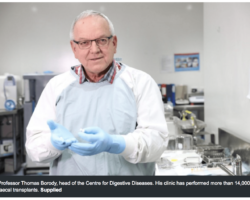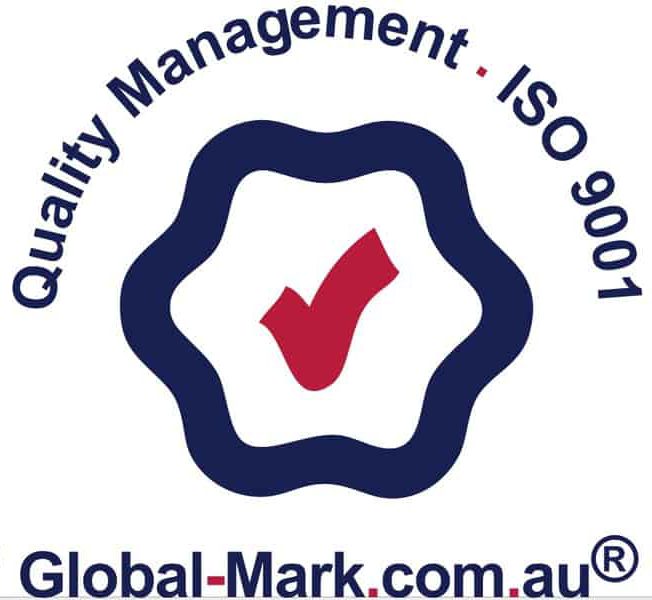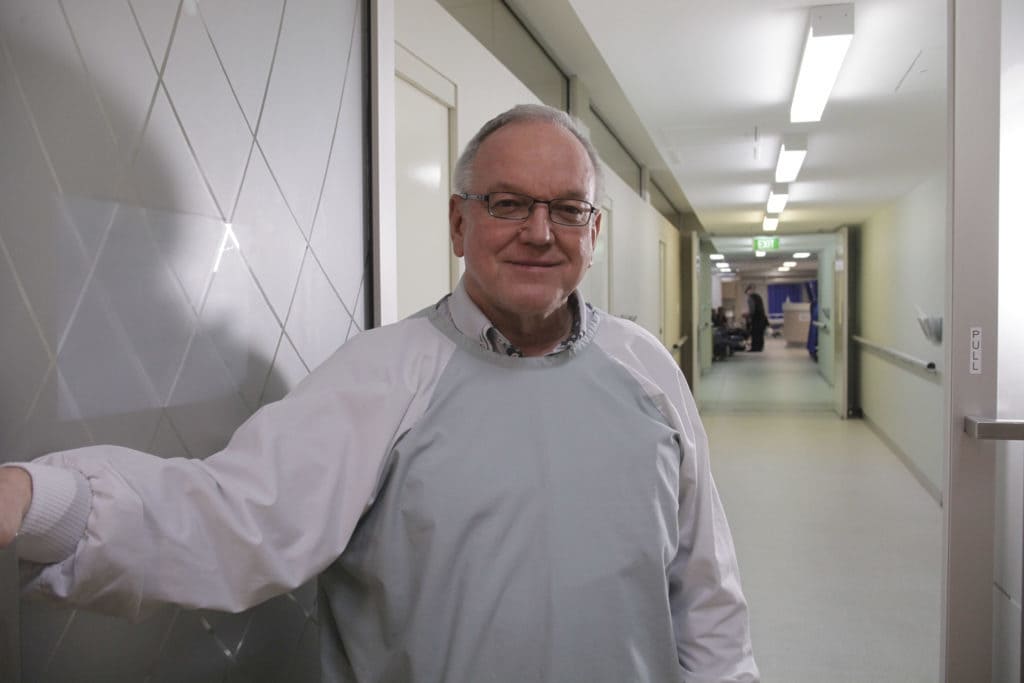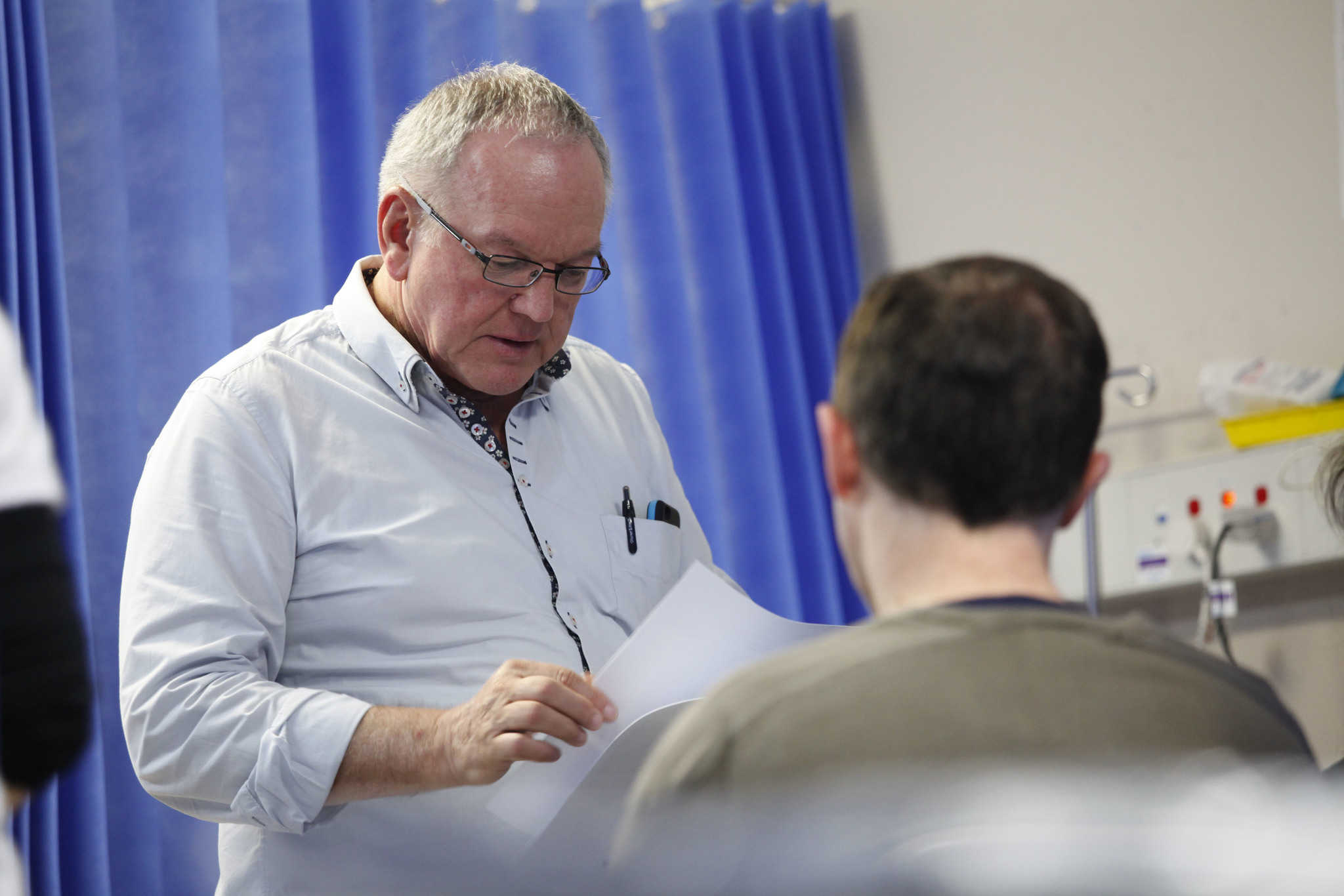COVID-19 SAFETY MEASURES:
Our Centre for Digestive Diseases (CDD) COVID-19 safety plan is in line with NSW Health Guidelines and includes:
- Pre-screening patients prior to attendance and on arrival
- Using contactless payments where possible
- Perspex safety screens at Reception and in Recovery
- Hand hygiene stations throughout the centre
- Comprehensive cleaning protocols in line with NSW Health requirements
APPOINTMENTS:
We ask that you are well and asymptomatic when coming on-site at CDD for in-person consultations and procedures. If you are experiencing flu-like symptoms and have a pending appointment, please contact Reception on (02) 9713 4011. Our Staff will guide you on the next steps; you may be required to complete a Rapid Antigen Test (RAT) and postpone your appointment.
The Centre is located at Level 1, 229 Great North Road, Five Dock. For your convenience, further information on parking and access to our facility via public transport can be found in our Patient Information Booklet: https://centrefordigestivediseases.com/wp-content/uploads/2018/06/FM-105-Patient-Information-Booklet-V31.pdf
Procedures: We finalise procedure list times 2 working days in advance. Once your procedure time has been set, we will send you a confirmation message which includes your arrival time.
As you will be having sedation for your procedure, we ask that you keep the following in mind:
- Your expected duration of stay at CDD may be up to 4 hours,
- You will need to be picked up from the center as you cannot drive, operate heavy machinery or drink alcohol for 12 hours after sedation, and
- We recommend that a friend or relative stay with you overnight.
In-person Consultations: If your consultation is face-to-face, you will receive a confirmation text message approximately 2 working days ahead of your appointment time. Should you need to cancel or postpone, please contact Reception on (02) 9713 4011 ASAP.
Telehealth Consultations: CDD uses Skype for telehealth appointments. Reception will be in contact with you prior to your appointment to get your Skype ID and arrange payment.
Preparing for your Telehealth appointment:
- Charge your device (mobile or laptop) so that you have sufficient battery power for the appointment,
- Prepare a quiet room for you have your telehealth appointment in privacy,
- Remember to have a pen and paper conveniently located so that you may write notes or important points during the consultation.
On the day of your appointment at the scheduled time:
- Stay near your device and ensure that you stay in an area that has good reception – our health professional will contact you.
- Please remember that we are a medical facility, so emergencies arise and cases can be complicated which may lead to delays with appointments.
NEW REFERRALS:
Prof Borody has limited availability. If you wish to be seen at the Centre, we highly recommend you consider the services provided by the other doctors at the Clinic. For full details, please see “Our Medical Team” under the ‘About’ drop down box.
Unfortunately, CDD does not accept referrals for the management or treatment of the following:
- Paediatrics (under 16 years of age)
- Neurological conditions including Parkinson’s Disease, Autism or Multiple Sclerosis
- COVID-19 infection, COVID-19 vaccination related conditions or post acute sequelae of COVID-19 (Long COVID).
For more important information for our new referrals please refer to our FAQs https://centrefordigestivediseases.com/how-to-become-a-patient/.
OVERSEAS PATIENTS:
Due to high demand from patients and their physicians who want Faecal Microbiota Transplants (FMT) but are not able to access the treatment in their country of origin, CDD has extended its program offerings to overseas patients. We are currently accepting overseas patients with the following conditions for short course FMT treatments:
- Clostridium difficile Infection
- Irritable Bowel Syndrome (IBS) – Diarrhoea predominant or Mixed presentation
- Post Infectious IBS e.g. post parasitic infection treatment
- Parasite Treatment (Blastocystis hominis and / or Dietamoeba fragilis)
- Ulcerative Colitis
- Crohn’s Disease in remission on Anti-Mycobacterial Antibiotic Therapy (AMAT) or Biologics
Should you be residing overseas, have one of the above conditions and wish to find out more information you can email us at: medications@cdd.com.au.
CONTACT DETAILS & RESCHEDULING YOUR APPOINTMENT:
Should you have any questions or wish to reschedule an upcoming appointment you can email us at: Reception@cdd.com.au. When emailing please include in the subject line your full name and scheduled appointment date.
CDD OPENING HOURS:
CDD Clinic is open for business; Monday, Tuesday, Thursday and Friday (7am – 5pm ) and Wednesday (8.30am – 1.30pm).



